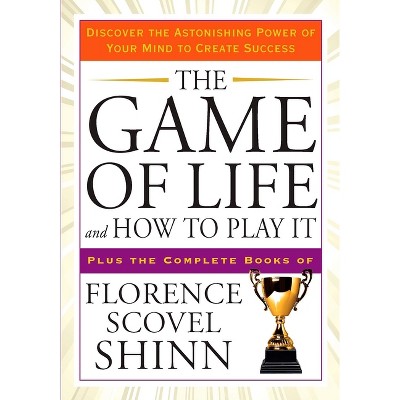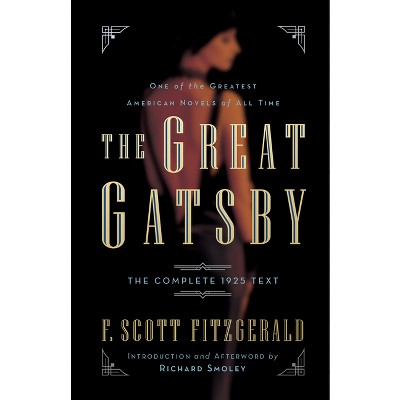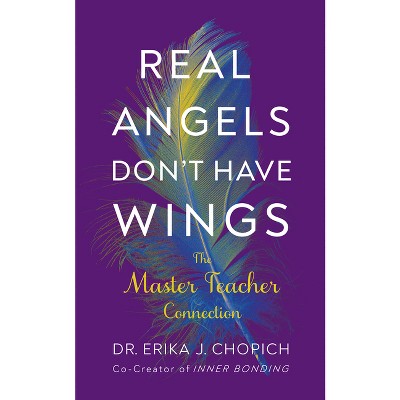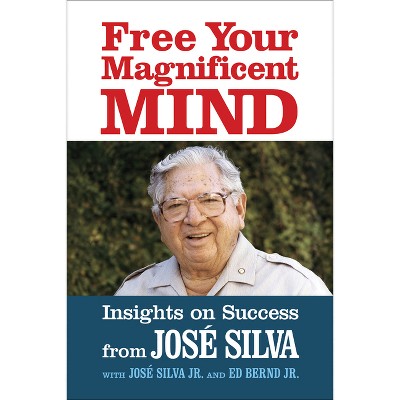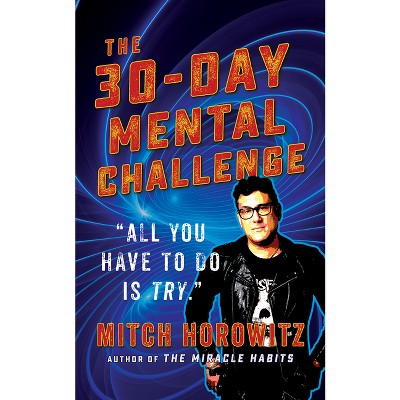About this item
Highlights
- Smoley interweaves ideas from great thinkers such as Epicurus, Hobbes, Freud, Machiavelli, and Tolstoy with his own dry and irreverent wisdom, gleaned from forty years of spiritual study and practice (and real-world experience), to show how to live happily, successfully, and meaningfully.
- Author(s): Richard Smoley
- 252 Pages
- Body + Mind + Spirit, Spiritualism
Description
About the Book
Smoley interweaves ideas from great thinkers such as Epicurus, Hobbes, Freud, Machiavelli, and Tolstoy with his own dry and irreverent wisdom, gleaned from forty years of spiritual study and practice (and real-world experience), to show how to live happily, successfully, and meaningfully.Book Synopsis
Smoley interweaves ideas from great thinkers such as Epicurus, Hobbes, Freud, Machiavelli, and Tolstoy with his own dry and irreverent wisdom, gleaned from forty years of spiritual study and practice (and real-world experience), to show how to live happily, successfully, and meaningfully.Review Quotes
KIRKUS REVIEWS
Inner Christianity and editor ofQuest: Journal of the Theosophical Society of America, posits seven metaphorical "games" that depict prominent aspects of existence. The survival game is won by procuring basic needs, but these can be quite different, depending on whether you're an English aristocrat or a homeless tunnel dweller in Las Vegas. Love is a game that's usually transactional, Smoley contends, with lovers judging each other by "the Equation" of desirability, but the secret to love is "the perception of the unity of all being." The power game can involve Machiavellian cunning-"it is never wise to underestimate the extent to which your subordinates can sabotage you"-or a numinous "power-from-within" that draws on a universal "life force. The pleasure game motivates us in everything from oral sex to champagne connoisseurship, while the creativity game is an interplay between form and innovation in everything from classical architecture to the absurdly standardized rules of movie scripts, which requires that the big plot break occurs on page 25. Smoley celebrates the courage game through the deeds of warriors like Confederate Gen. Stonewall Jackson-an example whom some readers will find problematic-and he proposes "death in battle is like a famous ride in an amusement park-something not to be missed at one point or another in a sequence of earthly lifetimes." Finally, the master game is the realm of rare souls who awaken to deeper wisdom, often through meditative exercises. Smoley's pensees mix an acerbic realism, complete with advice on office politics with mystical and even occult sensibility; he is influenced by spiritualist G.I.Gurdjieff, cites astrology as a useful means of assessing romantic compatibility, and mentions a "strikingly and unexpectedly accurate" palm reading he received. The book has a free-wheeling curiosity and erudition, and it approaches profound questions in prose that's lucid and entertainingly tart: "The lifelessness and superficiality of the current American literary novel cannot be because it has reached the technical limits of what is a very broad and accepting genre, but because, one senses, of some larger social vitiation: a masturbatory self-obsession has supplanted great themes and vistas." The result is a stimulating read.
An eclectic, smorgasbord of philosophical food for thought. -KIRKUS REVIEWS
Master Life's Seven Games by reading, understanding, and applying these timeless principles and its perfected philosophy. - Mark Victor Hansen, coauthor of the Chicken Soup for the Soul Series
Smoley's book is a brilliant exploration of the various strategies and "games" we engage in throughout our lives, from the ordinary drive to survive to the need for love, and others... One of Smoley's best. - Ray Grasse, author ofThe Waking DreamandWhen the Stars Align
Splendidly researched, comprehensive, quite entertainingly readable, and often startling. - John Shirley, author ofThe Other End
There are many ways, but there is only one question: what are we to make of this life? Most books that aim to help with that central question fail, because they amount to lists: eat this, pray to that, think about the other thing, follow one truth, carry this thingamabob.
Richard Smoley offers something better and more rare. It is akin to a conversation with a wise friend who trusts you, teaching and talking about this reality so you're better able to relate to the ones beyond. He trusts you to trust yourself. Here's how. - Quentin Hardy, Head of Editorial, Google Cloud
Whatever topic Richard Smoley tackles and investigates, he consistently delivers a thoughtful and highly readable deep dive..This latest book is no exception. - Jay Kinney, founder, Gnosismagazine, and author ofThe Masonic Myth

